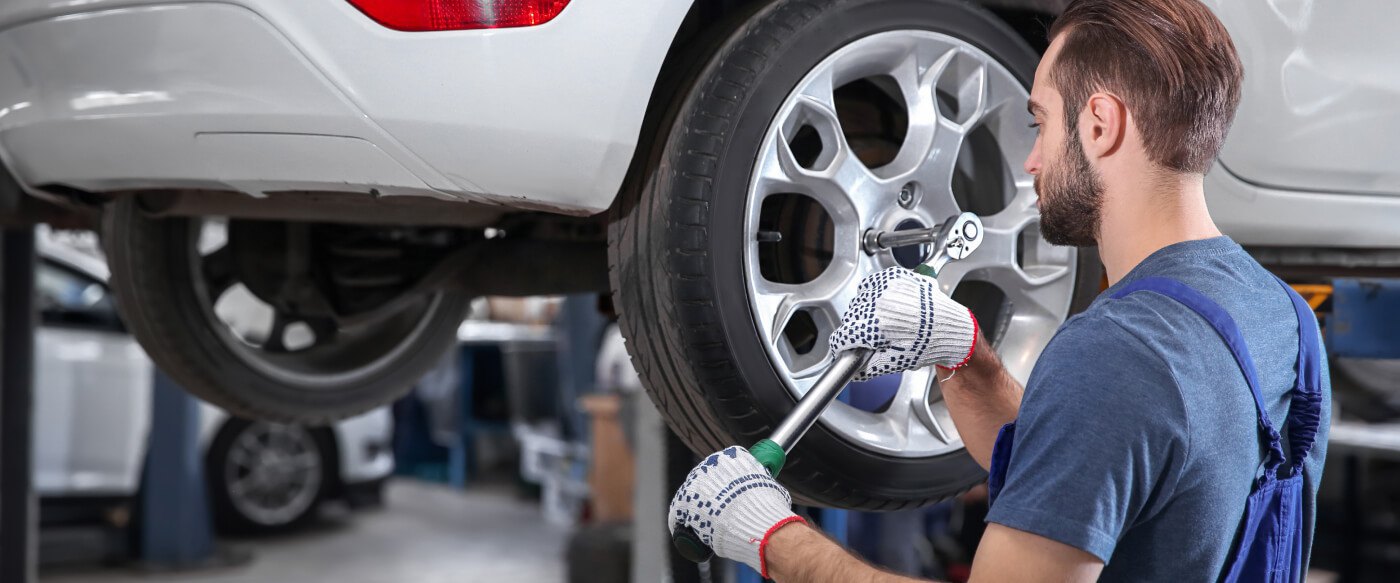Morris Tires: Your Companion for Specialist GMC Tires Service
Morris Tires: Your Companion for Specialist GMC Tires Service
Blog Article
Tire Solution: The Impact of Weather Problems
When it concerns making certain ideal performance and safety and security when traveling, comprehending the influence of climate condition on tire service is crucial. From scorching heat to icy roads, each weather component can substantially influence tire functionality and overall driving experience. By delving into the effects of varying weather condition problems on tires, vehicle drivers can obtain beneficial understandings that may enhance their automobile's efficiency and longevity. In this conversation, we will explore the complex connection between climate condition and tire solution, losing light on the relevance of weather-specific tire upkeep techniques and considerations.
Warmth and Tire Performance
When subjected to high temperature levels, tires experience adjustments in efficiency that can significantly affect vehicle security and handling. The warmth created from extended driving or heat problems causes the tire rubber to soften, bring about lowered walk life and raised wear. As the rubber comes to be softer, the tire's grasp when driving decreases, influencing stopping distances and overall traction. In severe cases, extreme warmth can even trigger tire blowouts, presenting a severe safety and security danger to the car and its passengers.
Winter Effects
Cold weather conditions can have a considerable influence on tire efficiency and safety and security. As temperature levels decrease, tire rubber can harden, resulting in reduced traction on icy or snow-covered roads. In cool weather condition, tires may likewise lose atmospheric pressure extra rapidly, which can impact handling and fuel performance. In addition, cool temperature levels can trigger tire sidewalls to tense, raising the risk of damages from pits or various other roadway hazards.
To alleviate the effects of winter on tires, it is important to consistently check tire stress and inflate them to the manufacturer's recommended levels. Using winter or all-season tires made for winter problems can also improve grip and grip on icy or snowy roadways. Correct tire upkeep, consisting of regular examinations for wear and damages, ends up being also extra essential during colder months to make sure optimum efficiency and safety and security.
Rainy Conditions Effect
Tires with damaged treads are extra prone to hydroplaning, where a layer of water builds up in between the tire and the roadway surface area, leading to loss look at this site of grip. To battle this, motorists must regularly inspect their tires for sufficient tread depth and think about investing in tires specifically made for damp conditions.
In addition, wet weather condition can also lower exposure, making it challenging for drivers to see the road ahead plainly (GMC Tire Service). In such problems, it is vital to readjust driving rates appropriately and maintain a safe following range to permit for sudden quits. Appropriately filled with air tires can likewise assist in keeping control on wet roads by offering much better handling and grip
Snow and Tire Safety
When driving in snowy conditions, having the ideal tires can make a substantial distinction in safety and performance. Winter months tires are developed with unique rubber compounds and step patterns to provide far better grip on snow and ice compared to all-season tires.

It is crucial to comply with supplier guidelines when mounting and utilizing tire chains to protect against damage to the tires and car. By choosing the appropriate tires, preserving appropriate rising cost of living, and thinking about additional grip aids like tire chains, vehicle drivers can boost their safety and security when navigating snow-covered roads.
Weather-Related Tire Upkeep
When faced with various climate problems, proper tire upkeep comes to be an important aspect of lorry safety and efficiency. Weather-related tire upkeep includes a range of methods focused on making certain ideal tire function and long life in various weather situations. One key aspect of weather-related tire maintenance is tire stress guideline. Rising and fall temperatures can cause tire stress to differ, impacting grip and gas performance. Regularly examining and adjusting tire stress according to supplier suggestions is crucial for safe driving in changing climate conditions. Additionally, tire step deepness plays a considerable function in taking care of various climate elements. Tires with appropriate tread deepness offer better grasp on damp or icy roads, reducing the risk of hydroplaning or skidding. When walk wear gets to a particular check out this site depth is important for keeping grip and stability in damaging weather condition, examining tire step frequently and changing tires. By focusing on weather-related tire maintenance, motorists can enhance safety and security, improve car performance, and lengthen the life expectancy of their tires.
Verdict
In final thought, climate condition have a significant influence on tire efficiency and safety and security. From warm impacting tire stress and use to cold climate lowering traction, it is important to consider the weather when keeping and utilizing tires. Stormy conditions can lower grasp and result in hydroplaning, while snow can enhance the danger of crashes if tires are not appropriately geared up. Weather-related tire upkeep is vital in guaranteeing optimal efficiency and safety when traveling.
In this conversation, we will certainly discover the detailed partnership between weather condition problems and tire solution, losing light on the importance of weather-specific tire maintenance practices and factors to consider.

Report this page